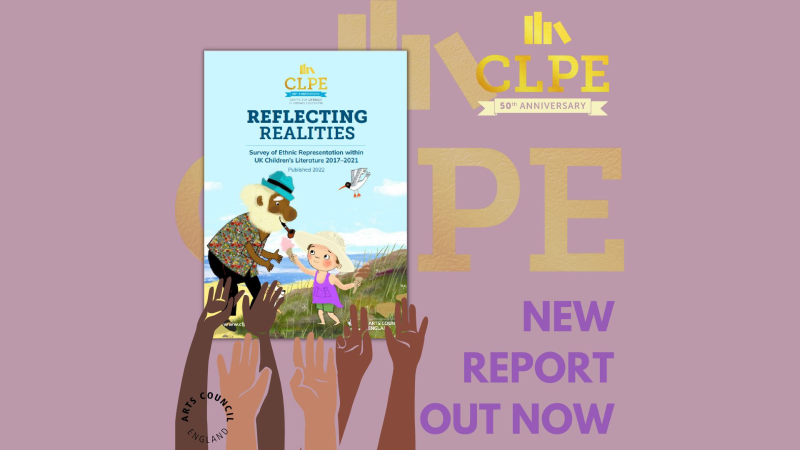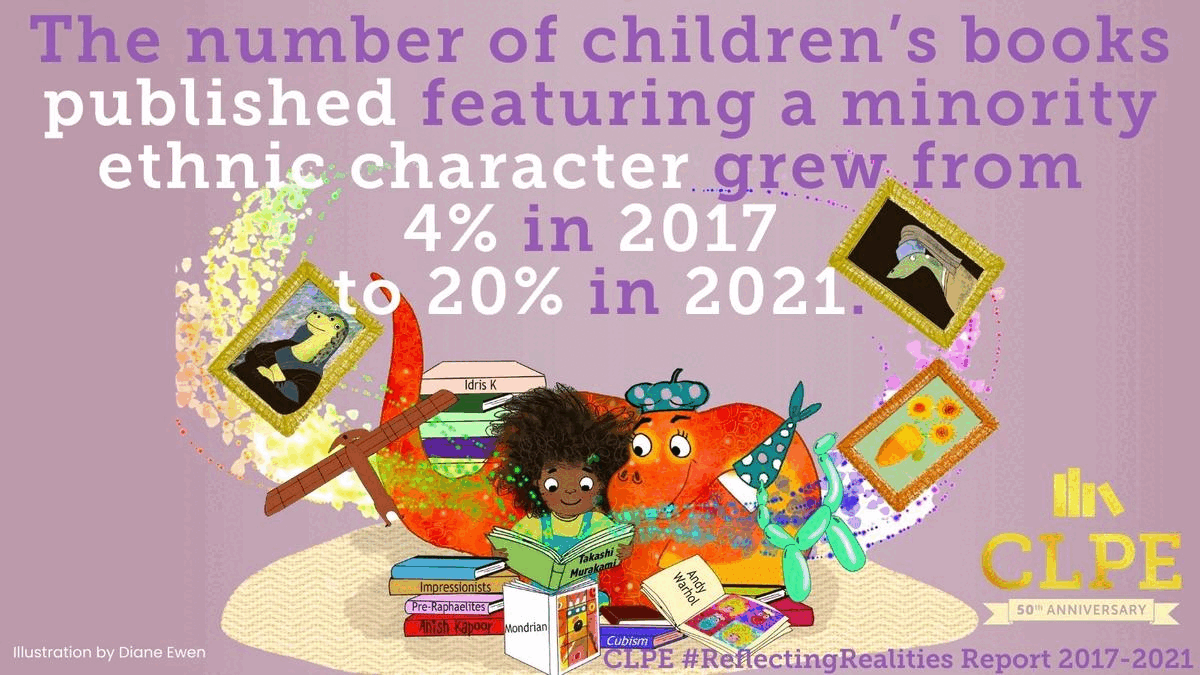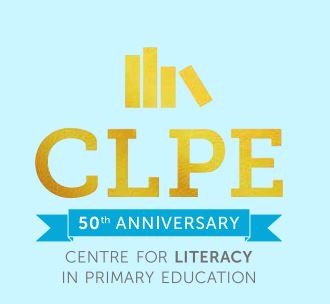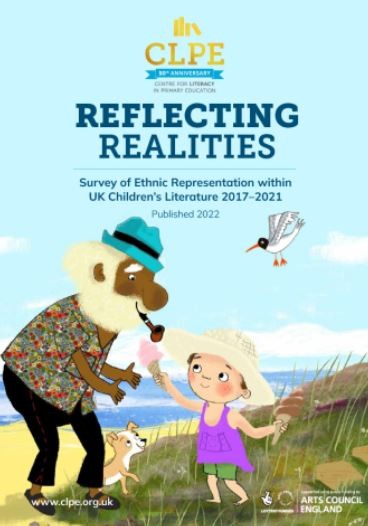Please note: We will continue to deliver your books and furniture until Thursday 18 December for schools, and Tuesday 23 December for public libraries. We will then close for the Christmas break, with deliveries resuming from Monday 5 January 2026. We wish all of our customers a very merry Christmas and a Happy New Year!
For help, advice and telephone ordering call our team on 0121 666 6646
Are you sure you wish to delete this basket?()
This action cannot be undone.
Sorry, something went wrong
Please report the problem here.
Promoting diversity in children's literature: CLPE's 2022 Reflecting Realities report

December 1st 2022
Key findings from the report
Positively, many of the books now published seek to increase discourse on the 'legacies of imperialism, anti-racist advocacy and identity politics'. Authors highlighted for their high-quality, representative texts include Maisie Chan, Serena Patel, Dapo Adeola, Anna McQuinn, Burhana Islam, Kelly Yang and David Olusoga.
Despite this, the report highlights areas for concern. While the percentage of total books published featuring a Black, Asian or minority ethnic main character has increased overall, it still stands at only 4% for Black characters, and less than 1% each for Asian, Chinese and Arab characters. Indeed, the number of Arab main characters has actually decreased since 2017.
Fiction has seen the slowest and smallest incremental year-on-year change, with minoritised characters particularly under-represented in horror and science fiction. The report also notes the varying quality of representation. Along with poorly-developed characters and ethnicity that seems to be an 'afterthought', representation is at times 'problematic and poorly executed' or 'too insignificant to have any real weight'. In particular, the portrayals of characters of colour in picture books 'tend to sit on a spectrum of vague at worst to great at best'.
The report emphasises the need for children to encounter characters with 'agency, who are identifiable, relatable, nuanced, varied and are central to the narrative.'
 Watch: selected findings from the CLPE #ReflectingRealities report, a survey of ethnic representation within UK children's literature
Watch: selected findings from the CLPE #ReflectingRealities report, a survey of ethnic representation within UK children's literatureWhy representation in books is important
Sarah Crown, Director of Literature at Arts Council England, says: "We know that a child's life chances are improved by their access to and enjoyment of quality literature, and that their engagement with literature is improved when they can see themselves and their experiences reflected in a meaningful way."
This is echoed by author and CLPE Patron, Catherine Johnson, who adds:“Young readers need to see that everyone has a place in stories, in adventure, in fantasy, in family and funny stories, as well, of course, in history. Stories are an important way to help make sense of the world, they help readers understand how we all belong.”
Shop the recommended titles
Read the full report








